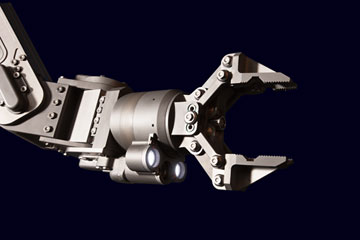
(6 of 6)
As ever-more-sophisticated machines move into all manner of workplaces--both blue collar and white collar--entire categories of work may disappear. "Workers will have to make a historically unprecedented transition," Martin Ford, a Silicon Valley software designer and writer, explained in a recent article for the Association for Computing Machinery. "Rather than simply acquiring new skills and moving to another routine job, workers will have to instead migrate to an occupation that is genuinely nonroutine and therefore protected from automation." Mastering creative, analytical or intuitive work is not for everyone, and yet it may become the only path to a productive occupation. Those who cannot make the leap may be doomed to jobs that pay too little to be worth automating--cleaning hotel rooms, trimming shrubbery--or face permanent unemployment.
Even the job of creating robots is not a safe 21st century career. As you read this, there are some very smart scientists in a discipline called evolutionary robotics who are busy developing robots that invent other robots. The limitations of the driverless truck give us reason to think their task may take a long time to complete. But the fact that they are working on it at all shows how deep we are into the robotics revolution. While we don't know what effect it will have on our economy or how we interact with one another, it should spur us to work just as hard to prepare ourselves, our children and our communities to meet the challenges this revolution will bring.
